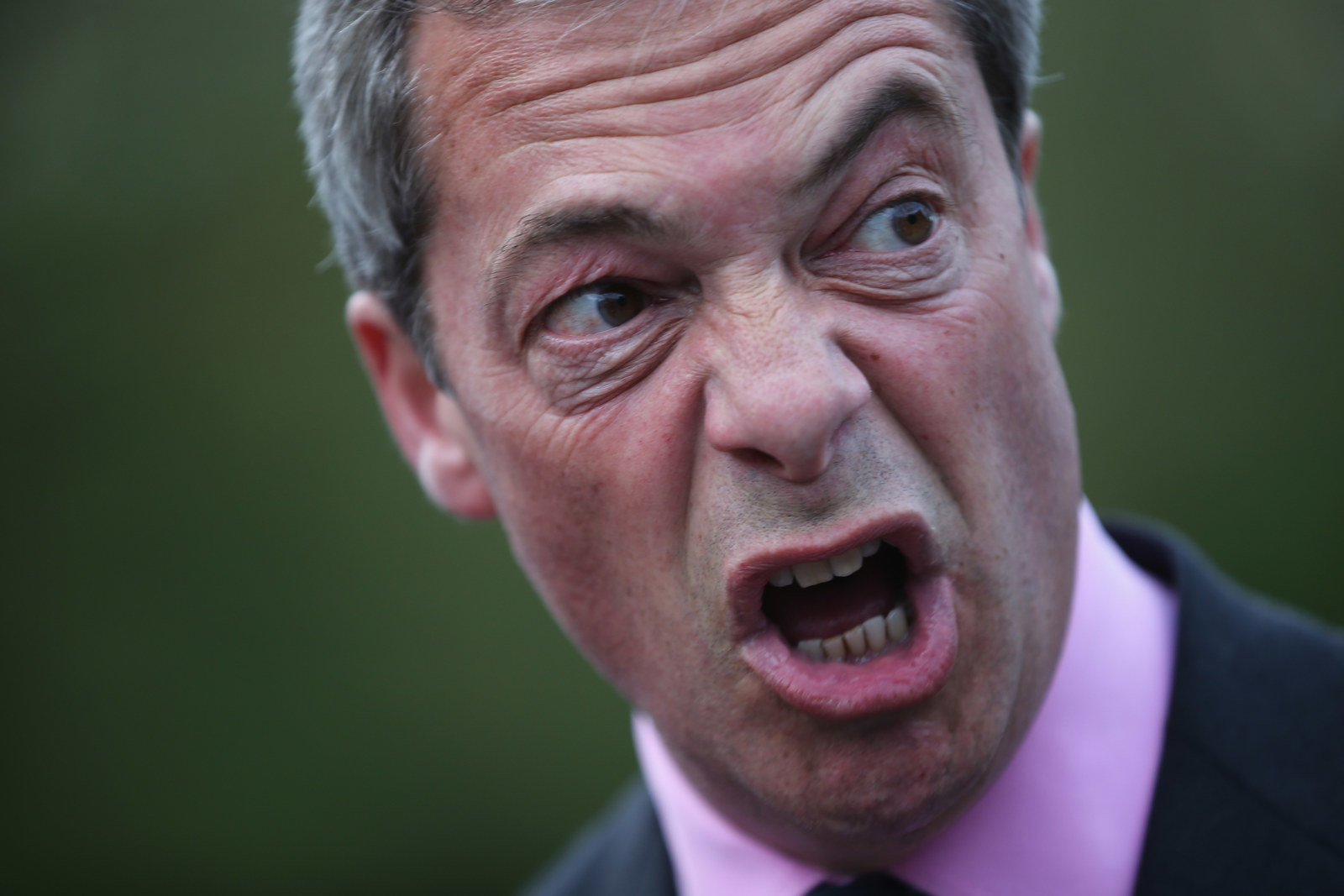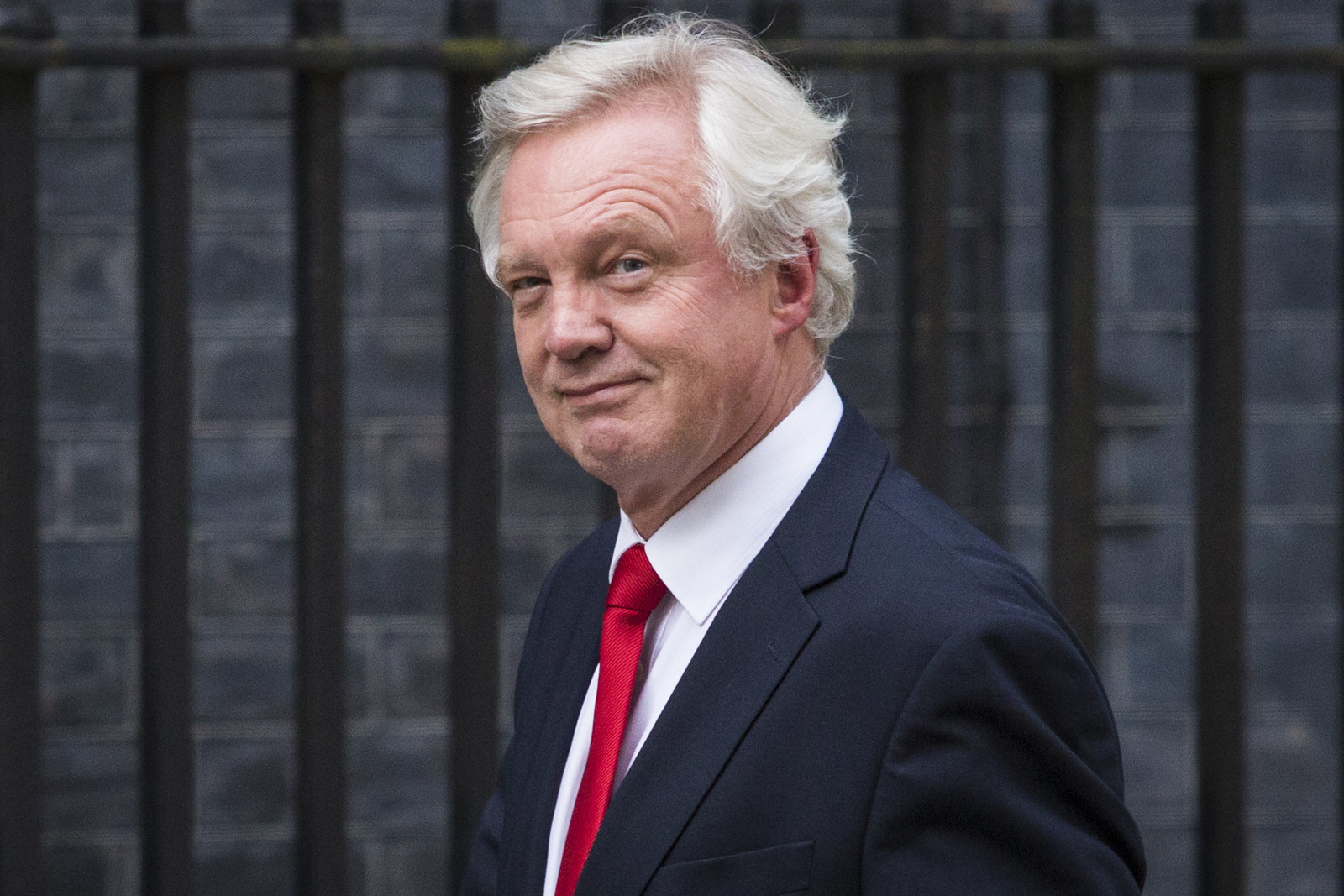On 23 June this year the United Kingdom voted to leave the European Union by a margin of 52-48, but you may have noticed that we have not Brexited yet.

In fact the only changes so far are a new government and a big fall in the value of the pound, because leaving the EU will require years of complicated trade negotiations.
That process cannot begin until the government triggers Article 50 of the Lisbon Treaty, which PM Theresa May said she would do by the end of next March.
I want to be absolutely clear. There will be no unnecessary delays in invoking Article 50.
However, and it's a big however, today the high court ruled that the government can't unilaterally trigger Article 50 before getting the approval of MPs.
Article 50: Court says government does not have power to declare Article 50 without parliamentary approval.
This has led to a lot of anger and confusion among people you would expect to get angry and confused at this sort of thing.



But do Leavers really need to gnash their teeth and rend their garments?
The short answer is: no.

While today's ruling may ultimately delay Brexit, it has no bearing on the overall referendum result, which isn't even legally binding to begin with.
"Nothing we say has any bearing on the question of the merits or demerits of a withdrawal by the United Kingdom from the European Union," the judges write in their 32-page ruling, "nor does it have any bearing on government policy, because government policy is not the law."
That quote is the legal equivalent of a "deal with it" GIF.
What did the judges actually consider, you may ask.
The only question judges were considering in the case – brought by a group led by investment manager Gina Miller – was whether as a matter of constitutional law the government was able to use its royal prerogative powers, i.e. the ability to act unilaterally without parliament, to trigger Article 50 and begin the formal process to bring the UK out of the EU.

Before you ask, the Queen is not really involved in Brexit.

The phrase "royal prerogative" is a relic of the UK's monarchist past, when the king or queen was sovereign and could do whatever they liked.

Since the Glorious Revolution in 1688 (yes), the crown has been subordinate to parliament, but the crown/government retains some prerogative powers, particularly in international relations and the making or unmaking of treaties.
The case boiled down to whether the referendum result entitled the government to begin the formal process to leave the EU without asking MPs (and peers) first. And the court resoundingly ruled that it did not.
The judges' decision centred on a 44-year-old law.
A key issue for the high court to consider was the law under which the UK effectively joined the EU's predecessor, the European Communities: the European Communities Act 1972.
Parliament, judges ruled, used this act to grant certain rights to British citizens within the EU – certain rights that can only be removed by parliament, and not the government.
In fact, the judges ruled the government had overstepped its mark before even getting to the claimants' case. Parts of the case submitted on behalf of Brexit secretary David Davis were "divorced from reality" and "flawed", the judges said.

The irony of the whole case is that on the face of it, parliamentary sovereignty has, for now, been restored to the UK.
Ironic because it has been restored on the urging of people who backed staying in the EU, and against the wishes of many who campaigned for Brexit on the basis of "taking back control".
The Leave Means Leave campaign gives its view on parliamentary sovereignty
The "unelected judges" who made today's ruling have also come under new scrutiny.
GAY. A GAY. IN THE JUDGES. GAY. OPENLY. GAY.
This MailOnline headline was later changed to remove the "openly gay" line.
The important bit: What actually happens next?
Much has previously been made of the fact the referendum result was not legally binding, but most parties and MPs say they respect the decision of the British people to leave the EU, although the Liberal Democrats back a second referendum once a Brexit deal has been agreed.
What all this means is that it's extremely unlikely the current timetable for Article 50 to be triggered will be adhered to, as MPs – the majority of whom backed Remain – will have to debate the timing and terms of Brexit.
The TL;DR version of this entire affair? The UK is leaving the EU, but the process will take longer to trigger and be exposed to more scrutiny than the government had previously intended.
May either has the option of tabling a simple motion on Article 50 being triggered, or the more drawn-out approach of bringing new legislation before parliament. It's not wholly clear from today's ruling what is necessary to satisfy ~the law~.
Some people also believe a general election before 2020 is now more likely.
Things that have gone up today: Chance of General Election. Chance of A50 triggered later than March. MPs scrutiny of Brexit. Sterling.
In the meantime the government is contesting today's decision, in an appeal that will be heard before the supreme court – the UK's highest – in December.
Until then, Downing Street says it is proceeding under the assumption Article 50 will be triggered by next March, despite the high court having ruled that this is effectively illegal.
The prime minister's official spokesperson said the government would not let today's decision "derail Article 50 or the timetable we have set out. We are determined to continue with our plan."
And if the supreme court throws out Downing Street's appeal?
Well, the government could always lodge an appeal at the European Court of Justice.
